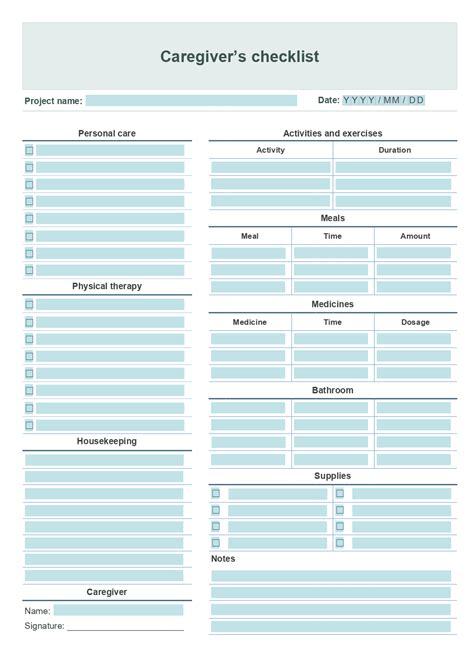Let’s be honest: caregiving, while deeply rewarding, can also feel like juggling a dozen fragile balls at once. The emotional weight, the practical tasks, the appointments, the medications… it’s a lot. I remember a time when I was juggling care for an elderly relative, work, and family. My notes were scrawled on random pieces of paper, and I’d often wake up in a cold sweat wondering if I’d remembered everything crucial. That’s when I realized I needed a system – a proper free printable caregiver daily checklist template.
This isn't just about ticking boxes; it's about peace of mind, consistency, and ensuring your loved one receives the best possible care without you burning out. Whether you’re a seasoned professional or navigating the waters of family caregiving for the first time, a well-structured daily checklist can transform your routine from chaotic to calm. Ready to bring order to your day? Let’s dive in.
---
The Foundation: Essential Daily Care Tasks
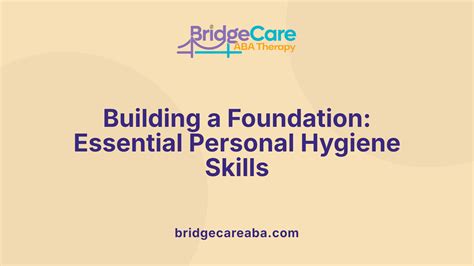
This category covers the non-negotiables, the building blocks of daily care. These tasks ensure basic needs are met consistently and compassionately. If you’re new to this, understanding these core tasks is paramount for maintaining hygiene and comfort.
- Morning Wake-Up & Personal Hygiene: Assist with brushing teeth, washing face, and grooming.
- *I learned this the hard way: skipping a simple skin check on my uncle led to a persistent rash that could have been avoided with consistent monitoring during his morning wash.*
- Dressing Assistance: Help choose appropriate clothing and assist with getting dressed.
- Mobility & Transfers: Aid with moving from bed to chair, walking, or repositioning.
- Toileting & Continence Care: Assist with bathroom visits, changing adult briefs, and managing continence.
- Skin Care Checks: Visually inspect skin for any redness, sores, or changes, especially in pressure areas.
- Light Tidying of Personal Space: Ensure the immediate living area is clear and comfortable.
- Foot Care (Daily Check): Quick check for swelling, redness, or cuts, especially important for those with diabetes.
- Oral Care (After Meals): Remind and assist with brushing teeth or denture care after breakfast and dinner.
Health & Wellness Hub: Medication & Medical Checkpoints

Consistency with medication and vigilance for health changes are critical in caregiving. This section focuses on ensuring all medical needs are met precisely and proactively.
- Medication Administration (Morning Dose): Administer prescribed morning medications, noting dosage and time.
- *Using a medication log on my free printable caregiver daily checklist template prevented a double-dose scare once – it was a true lifesaver for our family!*
- Blood Sugar/Pressure Monitoring: Record readings if applicable, as per doctor’s instructions.
- Symptom Observation: Note any new or worsening symptoms (e.g., pain, cough, confusion).
- Appointment Reminders: Confirm and prepare for any scheduled doctor visits or therapy sessions.
- Medication Administration (Afternoon/Evening Dose): Administer remaining daily medications.
- Refill Check: Check medication levels and anticipate upcoming refill needs.
- Hydration Monitoring: Ensure consistent fluid intake throughout the day.
- Post-Meal Monitoring: Observe for any adverse reactions to food or medication interactions.
Nourishment & Comfort: Meals, Hydration & Environment
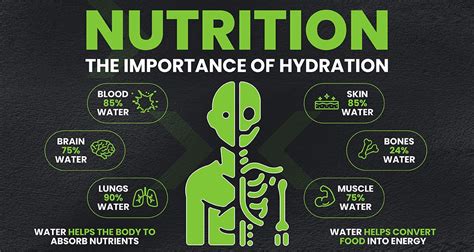
A well-nourished individual in a comfortable environment is a happier, healthier one. This category helps you manage daily meals and ensure the living space contributes to well-being.
- Breakfast Preparation & Assistance: Prepare and assist with breakfast, noting intake.
- *I found tracking fluid intake essential, especially during summer; it helped prevent dehydration when my loved one wasn't drinking enough on their own.*
- Mid-Morning Snack/Hydration: Offer a snack and water.
- Lunch Preparation & Assistance: Prepare and assist with lunch, noting intake.
- Afternoon Snack/Hydration: Offer a snack and water.
- Dinner Preparation & Assistance: Prepare and assist with dinner, noting intake.
- Kitchen Clean-Up: Keep the kitchen tidy and safe.
- Environmental Check: Ensure room temperature is comfortable, lighting is adequate.
- Fresh Bedding (as needed): Change linens to ensure comfort and hygiene.
Mind, Body & Soul: Engagement & Emotional Support
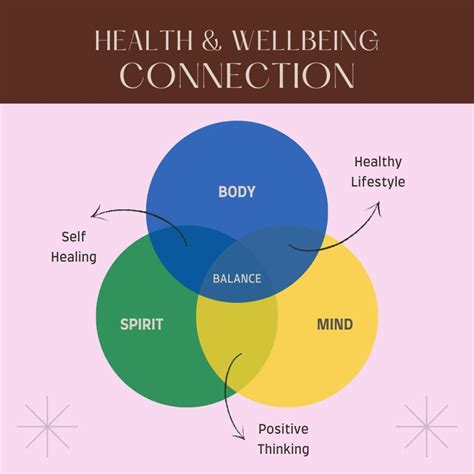
Caregiving isn't just about physical tasks; it's about nurturing the spirit. This section ensures you're engaging with your loved one on a deeper level. Even veterans of caregiving can benefit from these subtle reminders.
- Scheduled Activity/Engagement: Engage in a planned activity (e.g., reading aloud, puzzles, music).
- *One morning, I noticed my aunt was unusually quiet, and checking 'mood' on my list prompted me to spend extra time chatting, which visibly lifted her spirits.*
- Social Interaction: Facilitate calls with friends/family, or simply spend quality time talking.
- Mood & Behavior Observation: Note any significant changes in mood, energy levels, or behavior.
- Light Exercise/Movement: Encourage gentle stretching or a short walk (if appropriate).
- Personal Interests Time: Set aside time for their preferred hobbies or quiet reflection.
- Comfort & Reassurance: Provide verbal reassurance and comfort throughout the day.
- Outdoor Time (if possible): A few minutes of fresh air can make a world of difference.
- Reading/Story Time: Read a favorite book or magazine together.
The Lifeline: Communication & Documentation
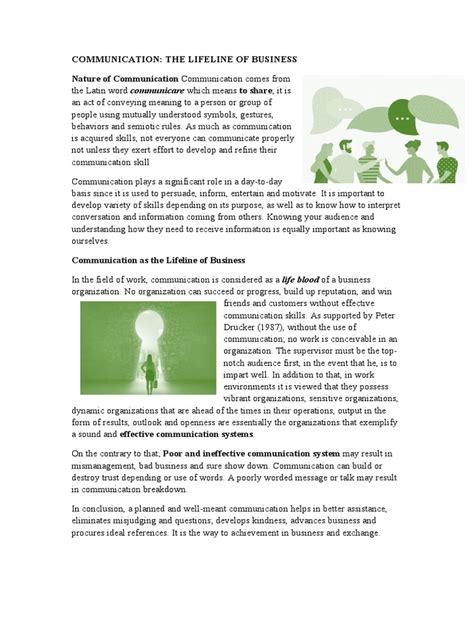
Effective communication is the backbone of coordinated care. This category ensures vital information is shared and documented, reducing misunderstandings and enhancing safety. This is where your free printable caregiver daily checklist template truly shines as a communication tool.
- Daily Observations Log: Briefly note any significant observations (e.g., changes in appetite, sleep patterns).
- *My sister and I use this section to leave detailed notes for each other, ensuring seamless transitions between our shifts. It’s a game-changer for shared caregiving.*
- Communication with Family/Team: Provide updates to family members or other caregivers.
- Next Steps/To-Do for Next Shift: Leave clear instructions for the next person in charge.
- Questions/Concerns for Medical Team: List any questions to ask the doctor or nurse.
- Supplies Check: Note items running low (e.g., medications, personal care products).
- Financial/Admin Check (Brief): Quick check on any urgent bills or paperwork.
- Incident Reporting (if any): Document any falls, accidents, or unusual events immediately.
- Feedback/Suggestions: A space for general notes or improvements to the routine.
Your Wellbeing Matters: Caregiver Self-Care
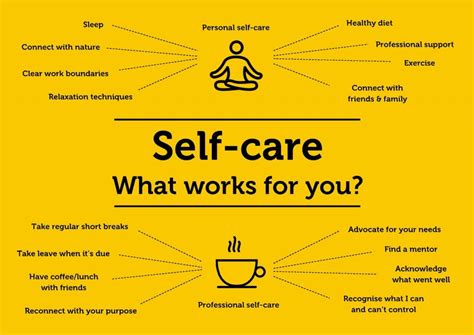
This one is crucial, yet often overlooked. You can't pour from an empty cup. Incorporating self-care into your daily routine is not selfish; it's essential for sustainable caregiving. This is my favorite strategy because it saved me countless times from burnout.
- Scheduled Break Time: Take at least one 15-30 minute break for yourself.
- *Honestly, without a reminder to step away for 15 minutes, I'd often forget to eat or take a breath myself. This item on the list is purely for *me* on my daily care plan.*
- Hydration for YOU: Drink a glass of water for yourself.
- Quick Mindfulness Moment: Take a few deep breaths or stretch.
- Nutrition Check: Ensure you're eating proper meals, not just snacks.
- Connect with Support System: A quick call or text to a friend or family member.
- Review To-Do List (Personal): Briefly look over your own personal tasks for the day.
- Prepare for Tomorrow: Lay out clothes or pack a lunch to save time later.
- Moment of Gratitude: A quick reflection on something positive from the day.
Safety First: Environment & Emergency Preparedness
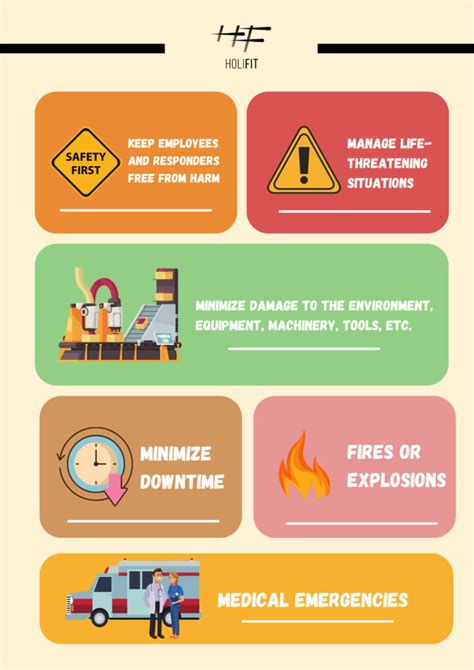
Safety is paramount in any caregiving setting. A dedicated section for safety checks ensures the living environment remains secure and you're ready for unexpected situations.
- Clear Pathways Check: Ensure all walkways are free of clutter and tripping hazards.
- *I once narrowly avoided a fall by making 'clear pathways' a daily checklist item. It sounds minor, but it makes a huge difference in elderly care.*
- Bathroom Safety: Check for dry floors, grab bar stability.
- Emergency Contact Accessibility: Confirm emergency numbers are visible and easily accessible.
- Fire Safety Check: Ensure smoke detectors are functional and exits are clear.
- Assistive Devices Check: Verify wheelchairs, walkers, or other aids are in good working order.
- Medication Storage: Ensure medications are stored safely and out of reach of children/pets.
- Lighting Check: Verify all necessary lights are working, especially in hallways and bathrooms.
- Security Check: Doors and windows are locked, house is secure.
---
Tips for Personalizing Your Caregiver Checklist
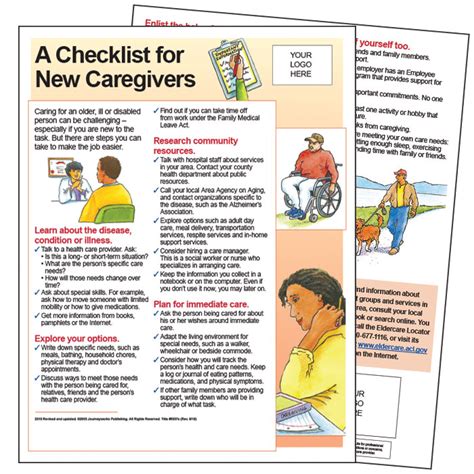
A free printable caregiver daily checklist template is a fantastic starting point, but its true power comes from tailoring it to your unique situation.
- Involve the Care Recipient (if able): Ask them about their preferences, routines, and comfort levels. This fosters their autonomy and cooperation.
- Add Specific Details: Instead of just "medication," include the drug name, dosage, and specific time. For "activities," list their favorite book or TV show.
- Incorporate Unique Routines: Does your loved one enjoy a specific morning ritual or a particular bedtime story? Add it in!
- Prioritize Tasks: Use a color-coding system or numbers to indicate urgency or importance. I personally find color-coding tasks makes the checklist less daunting and more visually appealing.
- Review Regularly: Your loved one's needs will evolve. Review the checklist weekly or monthly and adjust as needed. It's a living document!
Common Pitfalls: What to AVOID When Using a Daily Caregiver Checklist
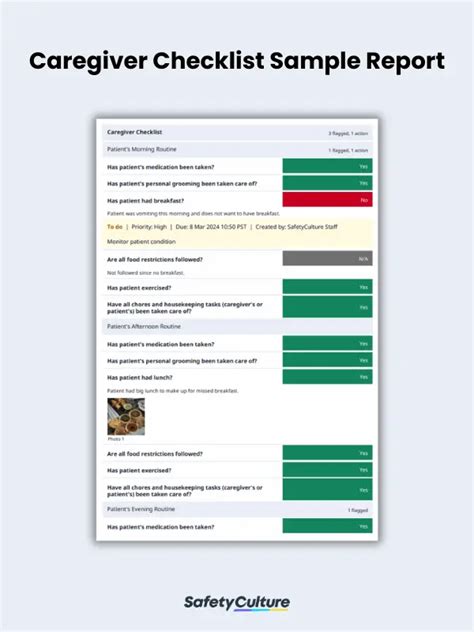
Even with the best intentions, it's easy to fall into certain traps. Avoid these common mistakes to maximize the benefit of your free printable caregiver daily checklist template:
- Being Too Rigid: The checklist is a guide, not a strict unbreakable law. Life happens. Be flexible. Don’t be like me and try to create a *perfect* checklist on day one; it's a living document that evolves!
- Forgetting to Update: If needs change or a new routine is adopted, update the checklist immediately. An outdated checklist is as bad as no checklist.
- Overwhelm by Detail: While detail is good, don't create a checklist so dense it becomes daunting. Focus on key tasks and observations. You can always add more detail as you get comfortable.
- Not Communicating with Others: If multiple caregivers are involved, everyone needs access to and training on using the checklist. Consistency is key.
- Ignoring Your Own Needs: The "Caregiver Self-Care" section isn't optional. Skipping it leads to burnout, which helps no one. Trust me, you don’t want to mess this up by neglecting yourself.
---
Caregiving is a journey of dedication, love, and immense responsibility. A free printable caregiver daily checklist template isn't just a piece of paper; it’s a tool for empowerment, consistency, and peace of mind. It allows you to focus more on the human connection and less on the fear of forgetting something important. Download yours, personalize it, and start experiencing the profound difference a little organization can make. Now go forth and provide amazing care – you’ve got this!
